Blog Detail
Table of Contents

What is Tinnitus?
- Amy
- Dec 18, 2024
- 0 Comments
Tinnitus is a subjective feeling, a sound of cicadas, hissing or electric current produced in the ear or brain without external sound or electrical stimulation.
The incidence of tinnitus worldwide is about 16%. There is a trend of younger people.
① Mood is closely related to the occurrence and development of tinnitus. When persistent tinnitus does not ease or worsens, some people will have negative emotions such as panic and anxiety, part of the brain's nervous system is activated, and negative emotions are further strengthened, forming a vicious cycle of tinnitus-negative emotions-intensified tinnitus, which is common in anxiety and depression.
② Sleep is closely related to tinnitus. When sleep disorders occur, metabolic waste will accumulate in the brain, affecting brain function and causing tinnitus compensation disorders.
③ Other factors such as hearing hypersensitivity, stuffy ears, headaches, personality, stress, social support, etc. may also play a role in the occurrence and development of chronic tinnitus (tinnitus lasting more than 1 year).
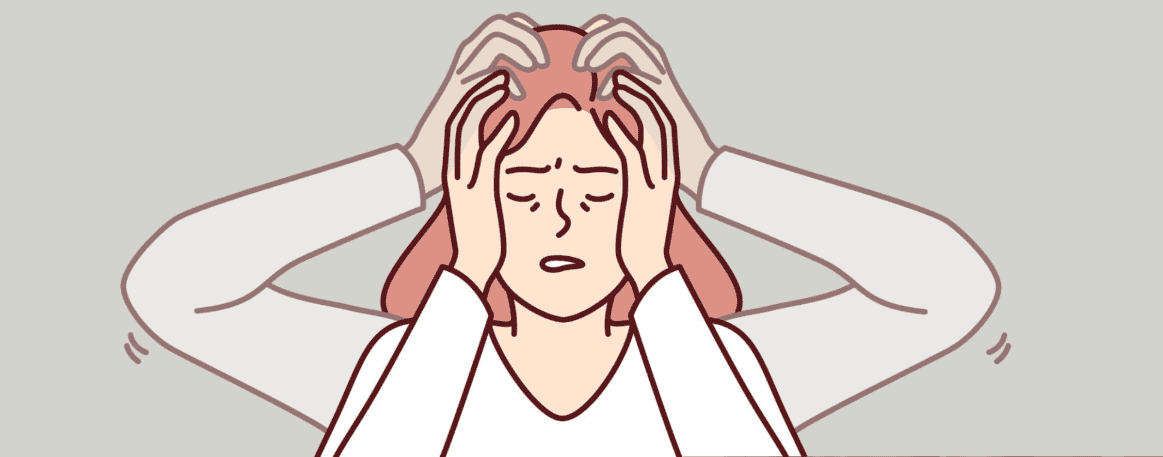
The occurrence and development of tinnitus is a very complex process, and the specific cause is still unclear. Acute tinnitus has been clearly diagnosed with ear damage, and more and more studies have shown that the brain plays an important role in the occurrence of tinnitus.
The classification of tinnitus is relatively complex, including objective tinnitus and subjective tinnitus.
Objective tinnitus can be detected by others or recorded by instruments, and can be treated. Subjective tinnitus is a subjective feeling without an objective sound source, which accounts for the vast majority of tinnitus patients. Subjective tinnitus can be divided into three categories according to the length of the course of the disease: acute tinnitus (tinnitus lasts for less than 3 months), subacute tinnitus and chronic tinnitus. Sometimes subacute tinnitus and chronic tinnitus are collectively referred to as non-acute tinnitus.
In addition, auditory hallucinations belong to the category of psychiatry. Noise in the ear is a normal physiological phenomenon.
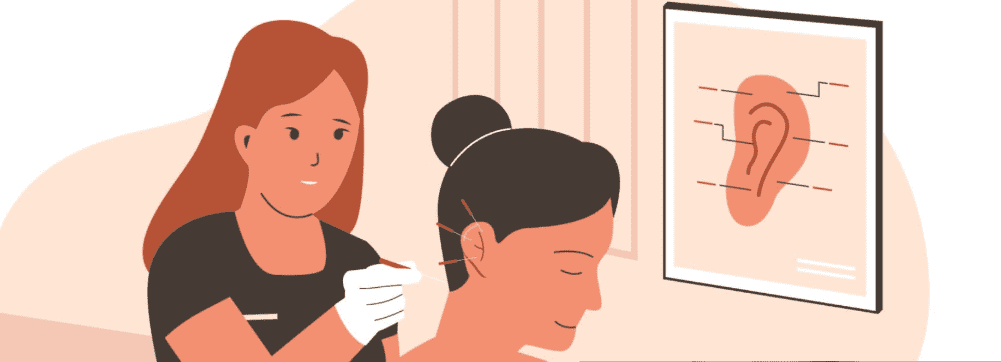
Modern medicine has many treatments for tinnitus, including drug therapy, sound therapy, cognitive behavioral therapy and traditional Chinese medicine treatment, acupuncture, massage, acupoint injection, etc. There are many methods, but there is no specific medicine to cure tinnitus.
The appearance of tinnitus is a warning signal of physical abnormalities, prompting patients to adjust their sleep, whether they are in a state of anxiety or depression (this can be treated with drugs or psychological adjustments), pay attention to regulating blood sugar, blood pressure, blood lipids and diet, and reduce menopausal symptoms.
Wearing bluetooth self-fitting hearing aids can relieve tinnitus. "I found that when synced to my phone, they are pretty good ear bud headphones". TWS hearing aids have noise reduction function and satisfactory self-fitting function. "I found the hearing test in the app to be very useful. I took the test twice and received similar results each time, so I felt pretty good about it being accurate.", easy to operate and charge.
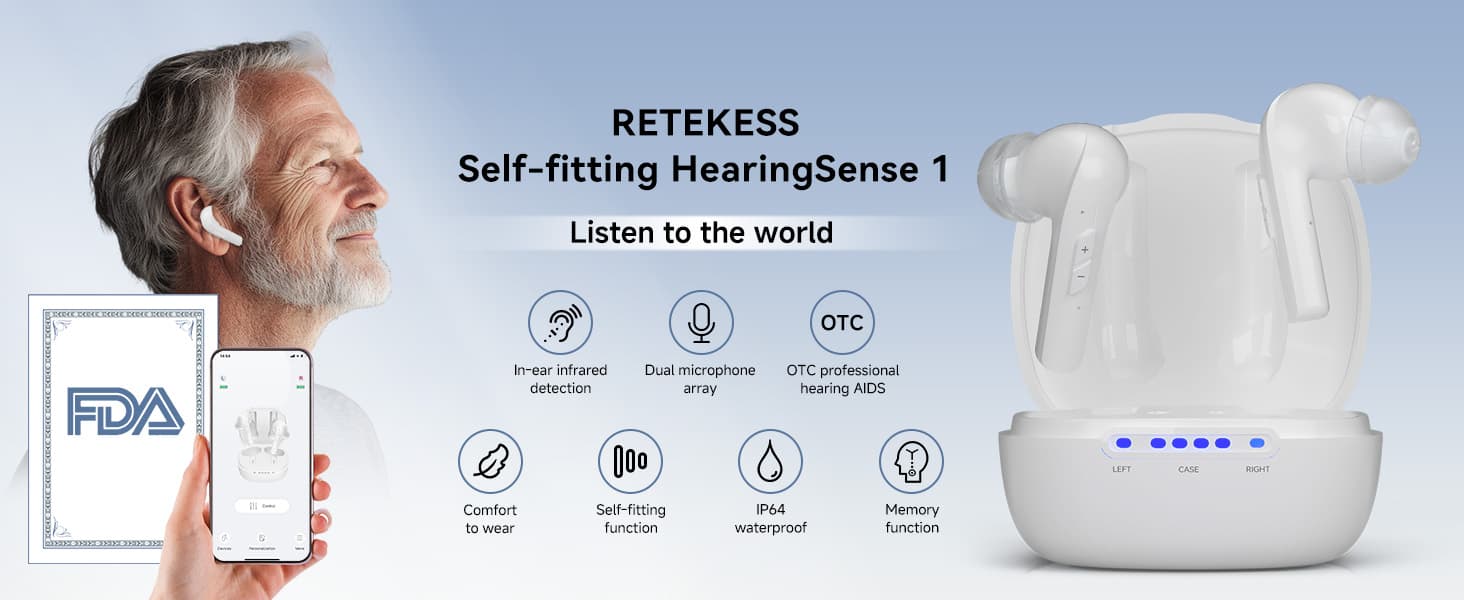
Protect hearing, relieve tinnitus, relieve bad mood, and relax the tired brain caused by constant tinnitus through earbud hearing aids. Now let's learn about this affordable otc hearing aid!

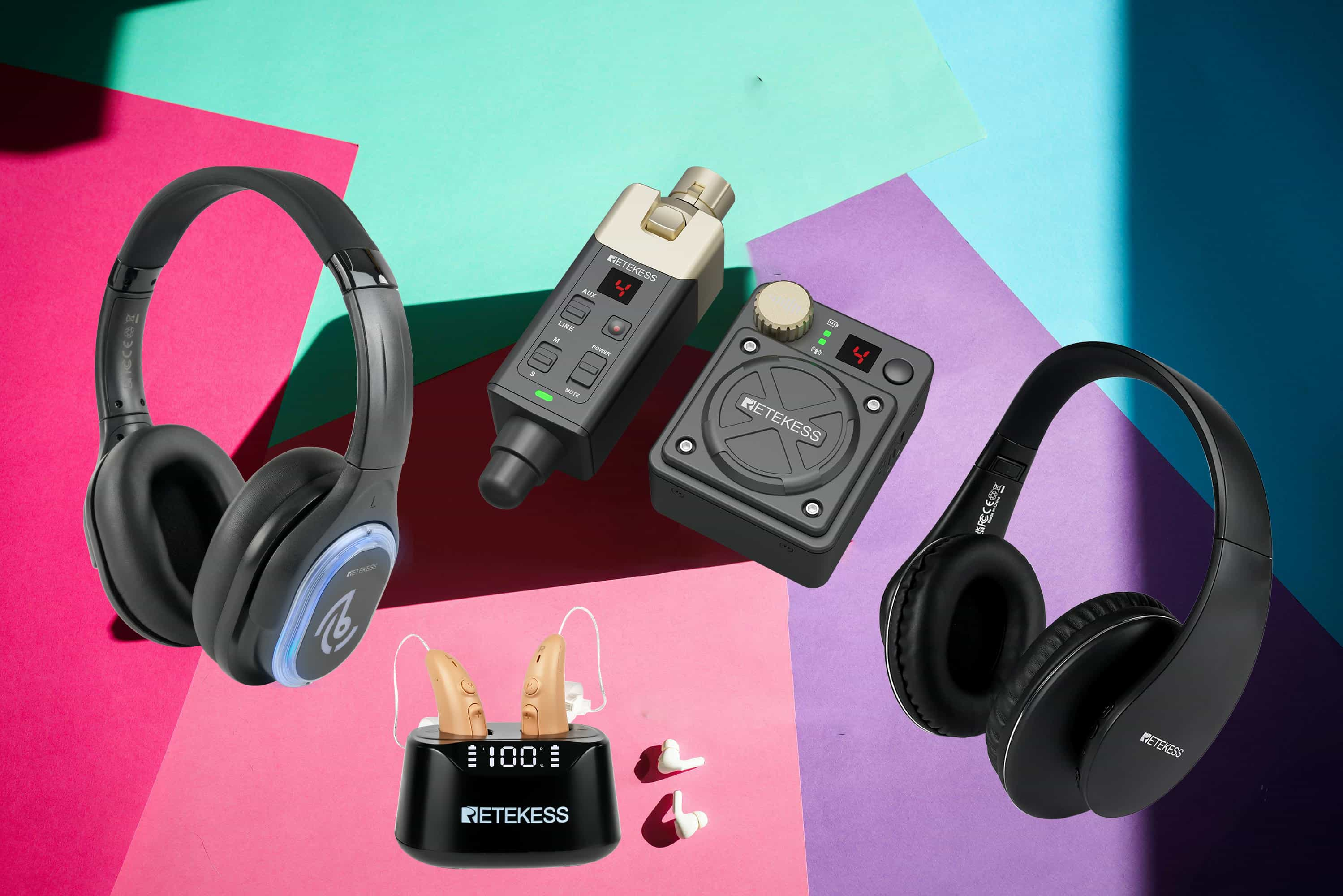




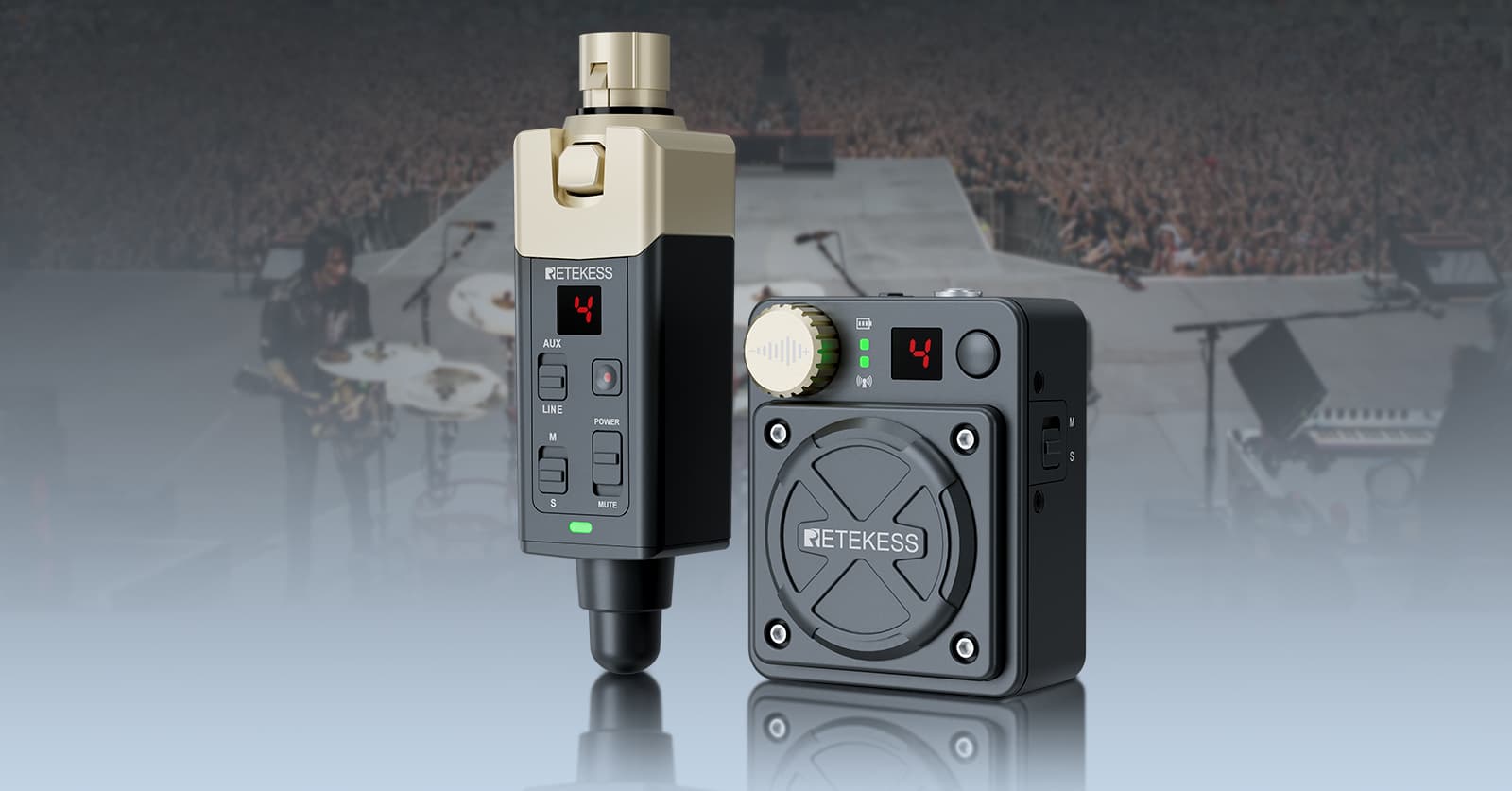




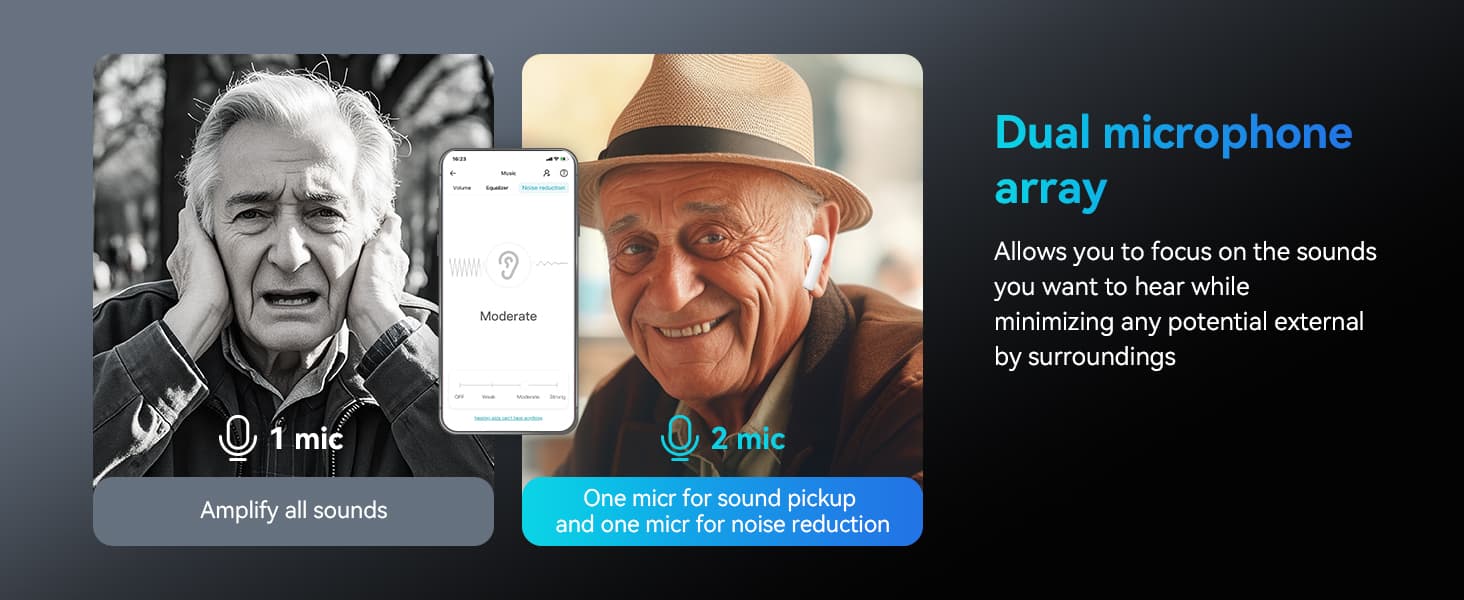










Comments (0)